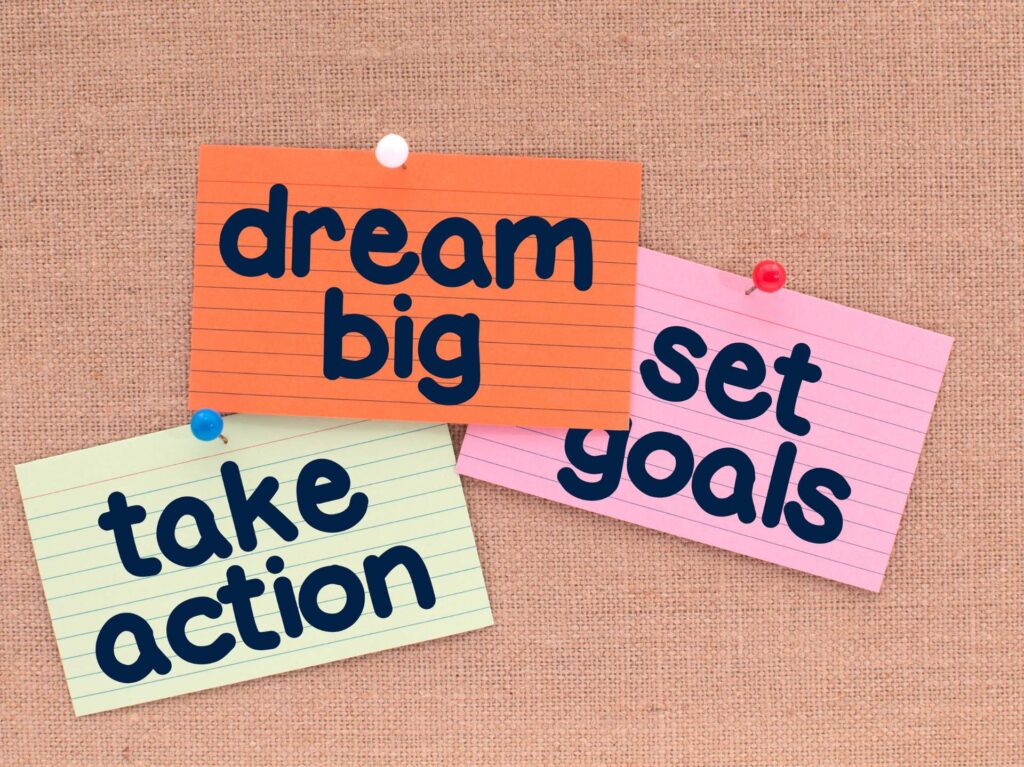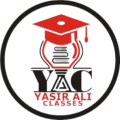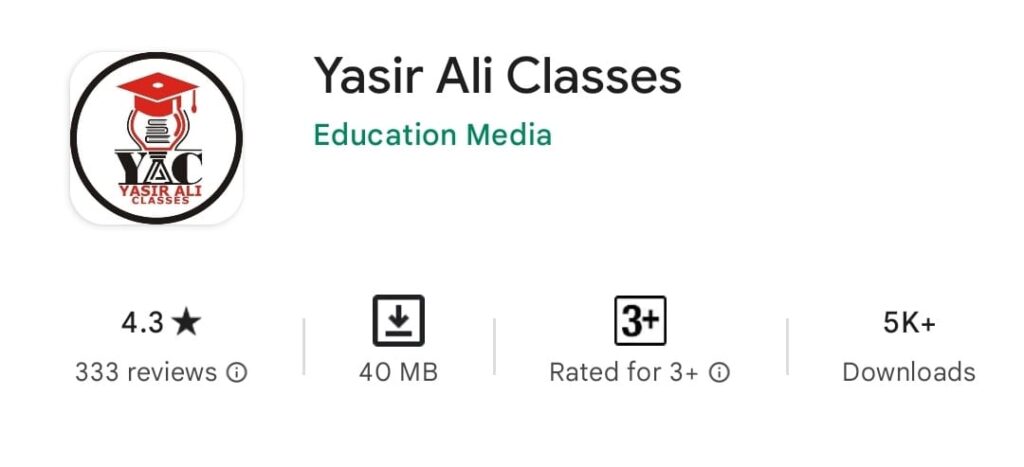Bachelor of Education (B.Ed)



New Coures
Bachelor of Education (B.Ed)
A Bachelor of Education (B.Ed) is an undergraduate academic program that is designed to prepare students for a career in teaching. The program focuses on providing aspiring educators with the necessary knowledge, skills, and competencies to become effective teachers in various educational settings.
Here are the key details about the B.Ed course:
1. Duration
The duration of the B.Ed course is typically two years, although this may vary by country and institution. The program is often divided into four semesters, each consisting of theoretical coursework, practical training, and internships.
Get Free Courses ! Book Your Seat Now.
2. Eligibility Criteria
The eligibility criteria for B.Ed programs vary, but generally, candidates are required to have completed a bachelor’s degree in any discipline from a recognized university with a specified minimum percentage. Some institutions may also require candidates to pass an entrance examination or interview.
3. Curriculum
The B.Ed curriculum is designed to cover a wide range of subjects related to education, teaching methodologies, and practical training. The core subjects commonly include:
Foundation Courses
1. Philosophical and Sociological Bases of Education
2. Psychological Bases of Education
3. Historical and Political Aspects of Education
- Pedagogy Courses
- Practical Training
- Educational Psychology
- Special Education
- Management and Administration:



Pedagogy Courses
- Pedagogy of School Subjects (e.g., Mathematics, Science, Social Studies, Languages)
- Educational Technology
- Teaching-Learning Process

Practical Training
- Microteaching
- Simulated Teaching
- Practice Teaching (Internship in Schools)

Educational Psychology
- Learning and Teaching
- Individual Differences
- Assessment and Evaluation

Special Education
- Inclusive Education
- Understanding Diverse Learners

Management and Administration
- School Management and Leadership
- Classroom Management

Teaching Methodologies
B.Ed programs focus on various teaching methodologies, including interactive learning, collaborative teaching, and the use of technology in education. The emphasis is on preparing future educators to adapt their teaching styles to the diverse learning needs of students.

Internships and Practical Experience
Practical experience is a crucial component of B.Ed programs. Students are required to undergo internships and practice teaching in schools, allowing them to apply theoretical knowledge in real-world classroom situations. This hands-on experience helps them develop effective teaching strategies and classroom management skills.

Assessment
Assessment methods include written examinations, assignments, lesson planning, teaching demonstrations, and reflective journals. The practical aspects of teaching are often evaluated through observations and feedback from mentor teachers and supervisors during internships.

Career Opportunities
B.Ed programs focus on various teaching methodologies, including interactive learning, collaborative teaching, and the use of technology in education. The emphasis is on preparing future educators to adapt their teaching styles to the diverse learning needs of students.

Conclusion
The B.Ed course is designed to equip individuals with the knowledge, skills, and attitudes required for effective teaching. It plays a vital role in preparing educators to contribute to the development of students and the education system as a whole.


